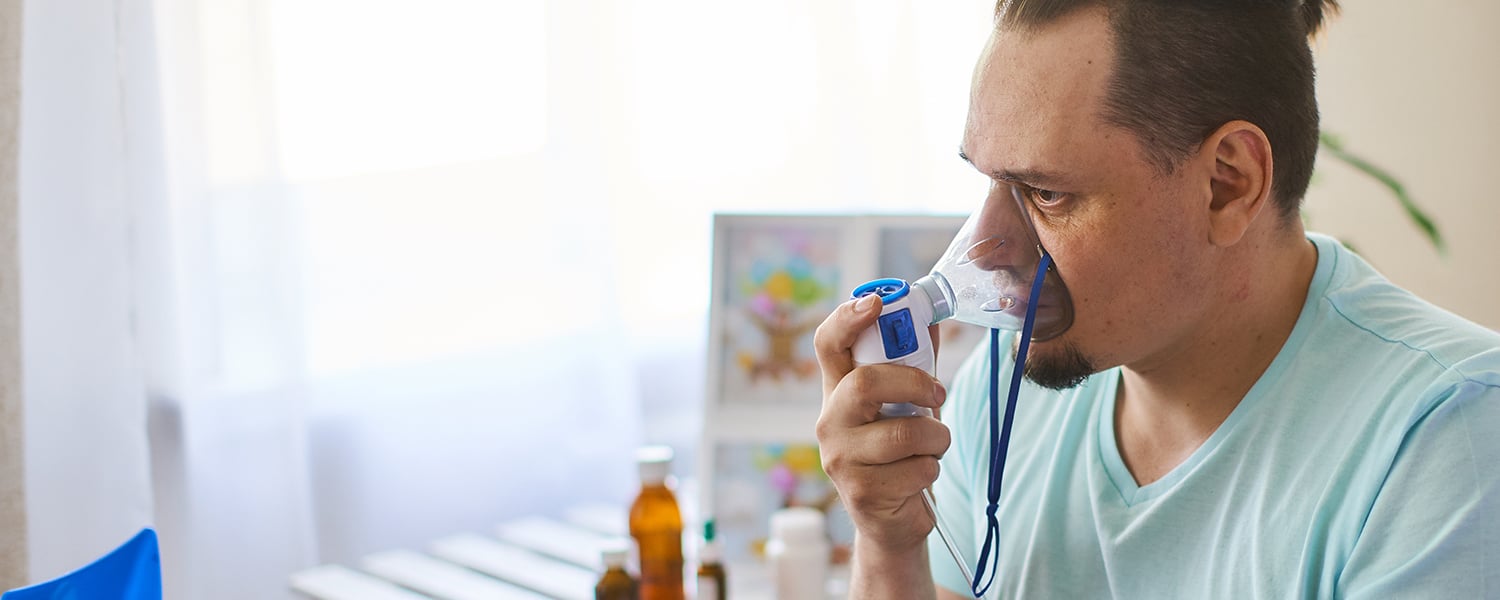Cystic fibrosis (CF) is a genetic disorder that affects the respiratory, digestive, and reproductive systems. It is caused by a mutation in the cystic fibrosis transmembrane conductance regulator (CFTR) gene, which results in the production of thick, sticky mucus that clogs the lungs and blocks the pancreas from releasing enzymes that aid in digestion.
Symptoms of CF vary depending on the severity of the condition and can appear at different times in a person’s life. Some common symptoms include:
- Persistent coughing and wheezing: The thick mucus in the lungs can cause difficulty breathing and a persistent cough that produces phlegm.
- Recurrent lung infections: The mucus clogs the airways, making it easier for bacteria to grow and causing frequent lung infections such as pneumonia and bronchitis.
- Fatigue: Difficulty breathing can make a person feel tired and weak.
- Poor weight gain: The blockage of the pancreas can make it difficult for a person to absorb essential nutrients from food, leading to poor weight gain and growth.
- Greasy, bulky stools: The blockage of the pancreas can also prevent the release of enzymes that aid in digestion, leading to greasy, bulky stools and difficulties with bowel movements.
- Infertility: CF can affect the reproductive organs, leading to infertility in both men and women.
- Clubbing of fingers and toes: Due to the chronic lack of oxygen in the body, in some cases the fingers and toes may appear to be rounded or “clubbed”
Treatment for CF is aimed at managing symptoms and preventing complications. The main treatment options for CF include:
- Medications: Antibiotics are used to prevent and treat lung infections, while mucus-thinning medications, bronchodilators, and anti-inflammatory drugs can help clear the airways. Pancreatic enzymes are also prescribed to help with digestion.
- Airway clearance techniques: These techniques, such as chest physical therapy, can help clear mucus from the lungs and prevent infections.
- Oxygen therapy: In some cases, a person with CF may need to use oxygen to help them breathe.
- Surgery: Surgery may be necessary to remove infected or damaged lung tissue or to correct a blocked intestine.
- Gene therapy: This is a newer treatment option that aims to correct the genetic mutation that causes CF.
- Nutritional support: People with CF may need to take extra vitamins, minerals, and high-calorie supplements to help them maintain a healthy weight and get the nutrients they need.
CF is a chronic condition that requires lifelong management and treatment. With advances in medical care, people with CF are living longer and healthier lives than ever before. It is important for individuals with CF to work closely with their healthcare provider and follow their treatment plan to manage the disease and prevent complications.
It is also important for people with CF to maintain a healthy lifestyle, including regular exercise, a balanced diet, and avoiding smoking and secondhand smoke.
Although there is no cure for cystic fibrosis, with early diagnosis and appropriate treatment, individuals with CF can live long, productive lives. However, it is a life-long disease that requires daily management and regular visits to the doctor, with many people with CF living into their 30s, 40s, and beyond.
In summary Cystic fibrosis is a genetic disorder that affects the respiratory, digestive, and reproductive systems caused by a mutation in the cystic fibrosis transmembrane conductance regulator (CFTR) gene.

 Home
Home Health
Health Diet & Nutrition
Diet & Nutrition Living Well
Living Well More
More












